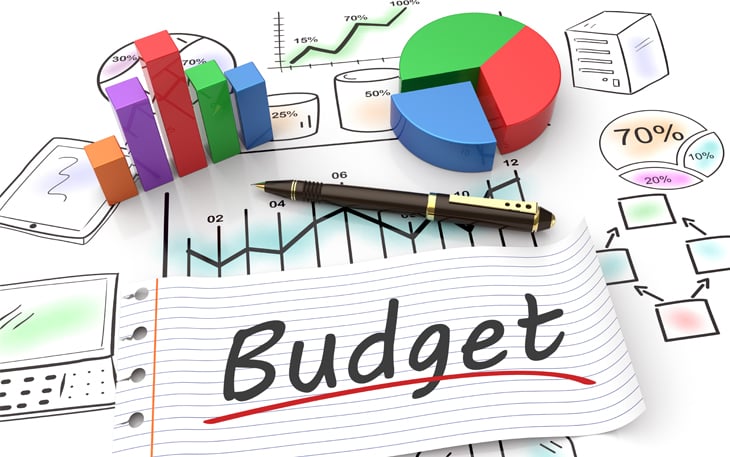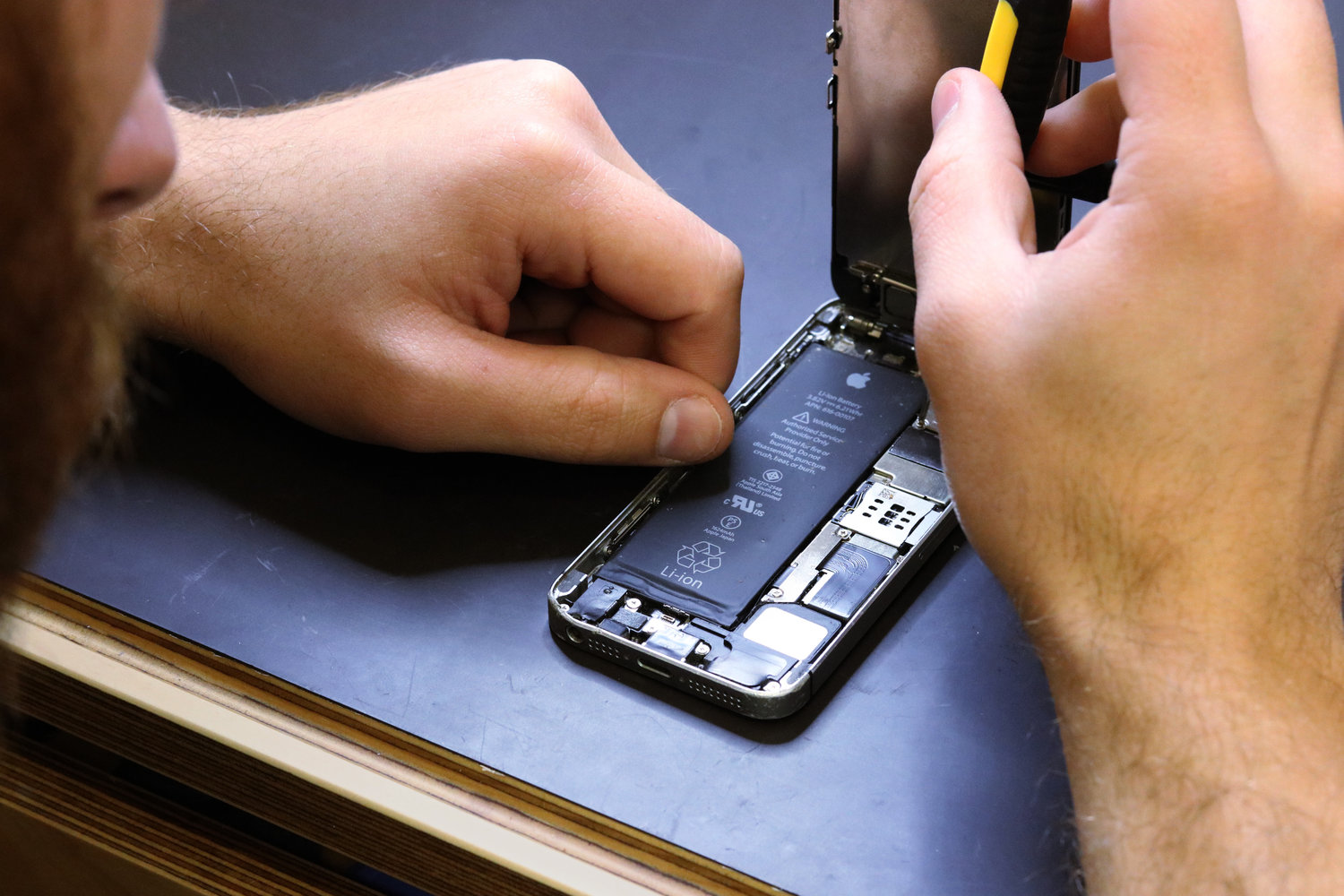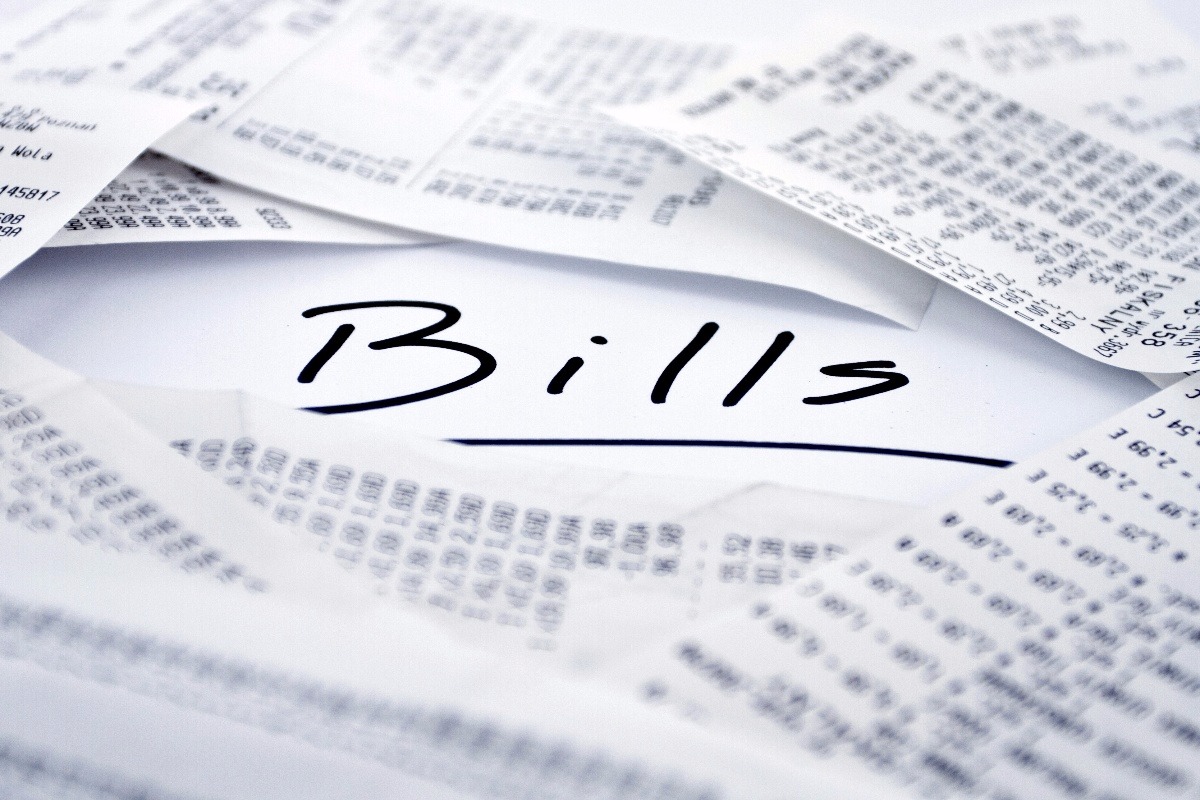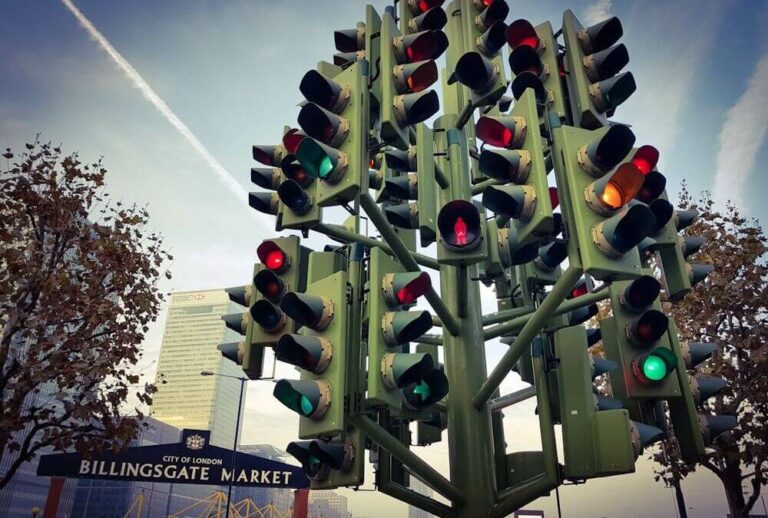Looking to get rich? While making money requires hard work, you might be surprised to discover that even the average Joe across the street can achieve financial success without needing to be the CEO of some Fortune 500 company. They understand that it isn’t just about making money, but about managing it well. The problem is that when you’ve got money in the bank – especially more money than you’ve ever had before – there is a temptation to want to spend it, and unfortunately this often leads to spending beyond your means. In order to avoid this, it is important to strike the right balance. In other words, enjoy your money while making sure to spend it wisely. Here are some important tips that financially stable people utilize so that they are able to continue to build wealth and ensure that the money lasts.
10. Pay the bills first
Your monthly expenses such as rent, utilities, and water have to be paid no matter what, so make sure to stay on top of them before you spend money on anything else. Personally, I have automatic payments set up so that I never risk defaulting on my bills.
2. Create a budget
This might seem like an obvious suggestion, and yet so few people actually have the discipline to make a budget and stick to it. But if you do, you’ll see that it works wonders. As a rule, you should aim to spend 50% of your salary on essentials, 30% on fun and leisure, and the remaining 20% should be stored away.
3. Look Out For Sales, But With a Major Caveat…
Back in the 1990s (a very silly time indeed) people used to buy fat-free fudge cookies and eat the entire package because, hey, they don’t contain any fat! What got lost was the fact that they ended up consuming more calories which in turn caused them to gain more weight than they would have by eating normal fudge cookies. This analogy also works with things that are on sale. People might be saving money on particular items, but they’ll buy a lot of things – especially things they don’t need – and as a result will end up spending more than they had planned. So the real strategy is to buy things that are on sale, but follow a strict shopping list.
4. Utilize “No Spending” Days
Choose a couple days a week in which you don’t spend money on anything other than the basics. By consciously controlling your unnecessary spending, you will develop better habits that will lead to more savings.
5. Observe the 24-hour rule
One of the worst ways to blow through your money is through impulsive shopping. You might go to the mall with a shopping list and the intention of spending $100, but you end up walking out with a $300 handbag in addition to your planned purchases. Before you go out and make a major purchase like that, sit on the idea for 24 hours and ask yourself whether it’s really necessary. You may want it, but do you really need it? You’ll often discover that when you exhibit discipline and avoid making buying decisions based on emotions, those savings can really add up.
6. Spend With a Long Term Focus
It might sound counterintuitive on the surface, but saving money doesn’t always mean spending as little as possible. Indeed, buying a high end computer that lasts several years or a mid-range luxury car known for its dependability beats opting for something that is bargain basement but breaks down and has to be replaced on a regular basis.
7. Pursue Your Passions
Being thrifty doesn’t mean forgoing on your hobbies and interests. For instance, if you’ve got a thing for searching for UFOs, there’s nothing wrong with splurging on a high quality telescope. Paying a lot for a gym membership that comes with a lot of amenities over a small, low budget gym is also a perfectly good investment.
8. Ditch the Credit Card
When I travel, I use my credit card to pay for my hotel room and other expected, fixed costs, but as a rule I use cash for everything else, especially when I’m eating out. The reason is simple: it’s easy to spend money that you can’t see. At the same time, I am less included to spend $20 for lunch if I actually have to part with a $20 bill. Studies have found that 70% of purchases made at the grocery store are unplanned. If you only take a specified amount of cash with you, you can prevent unnecessary purchases.
9. Fix First, Discard Later
Got a tear in your jeans? Did you drop your smartphone and shatter the screen? Some people will be inclined to simply throw away their clothes and damaged items and buy new ones when repairing them makes better economical sense. Commit yourself to using these things until it is no longer humanly possible. Aside from saving money, you will also be saving the planet!
10. Spend to Increase Your Quality of Life
It isn’t necessary to pinch every single penny, especially if you’re making an investment that saves you time and stress. For instance, having your groceries delivered is an addition cost, but you’re also paying for the convenience and ability to spend that time focusing on other activities that make you happy. Likewise, living in an apartment downtown near your job might cost more than living in the outskirts of town, but you might find it worth the expensive since it will certainly save you the lengthy commute (not to mention gas money).














+ There are no comments
Add yours